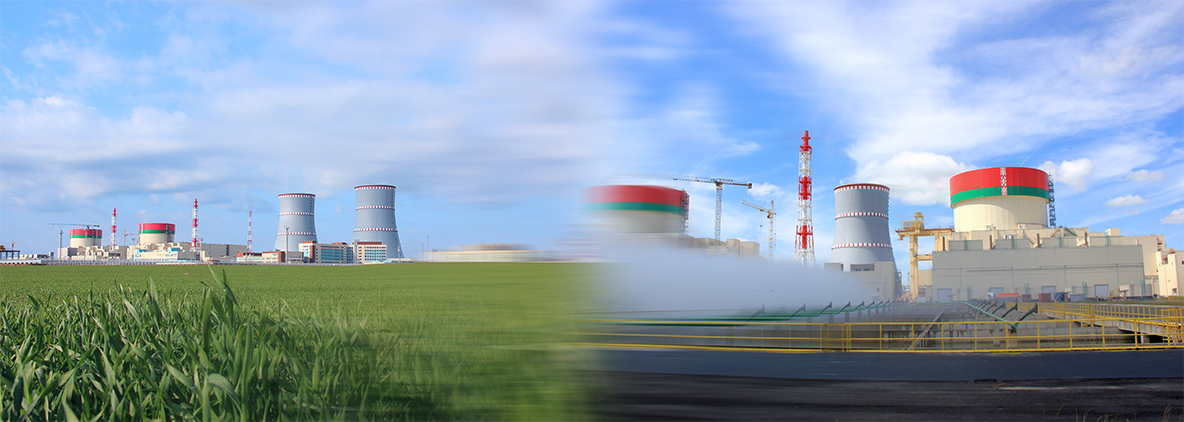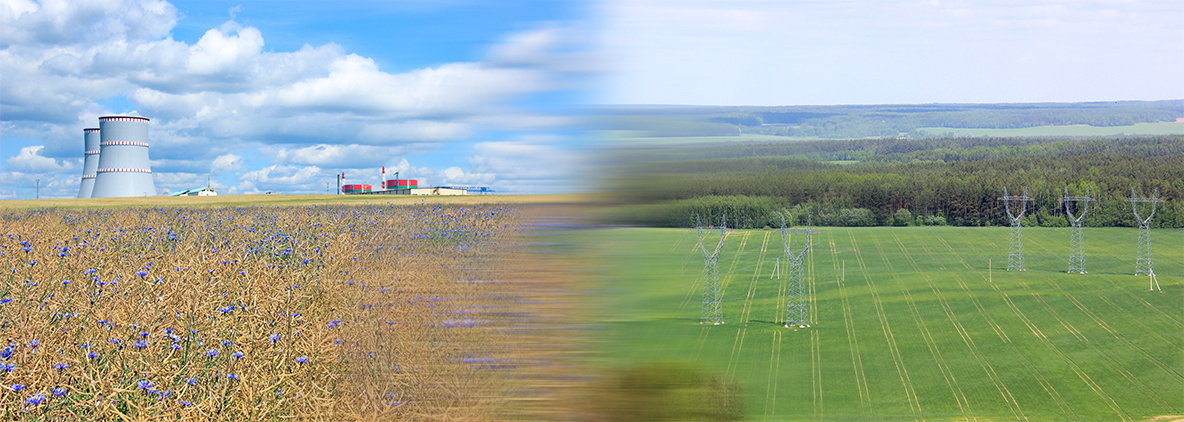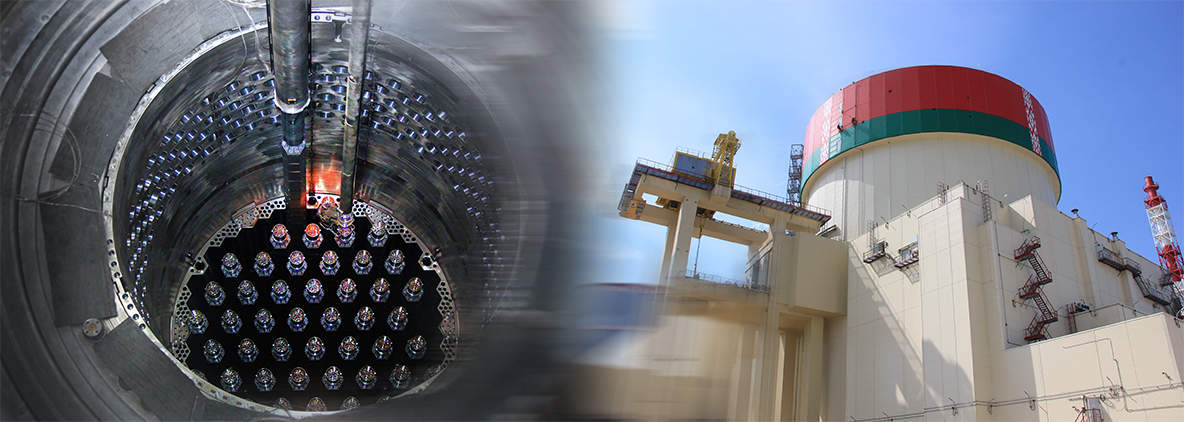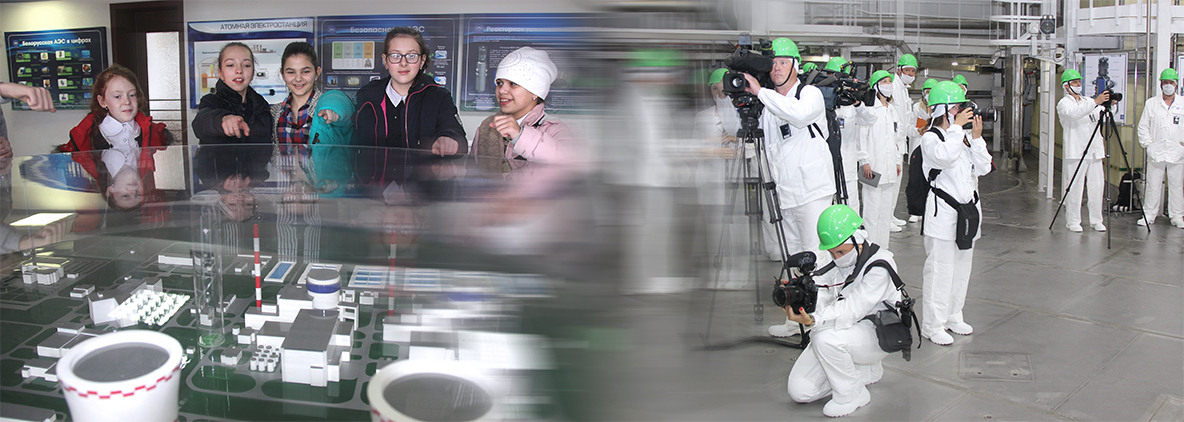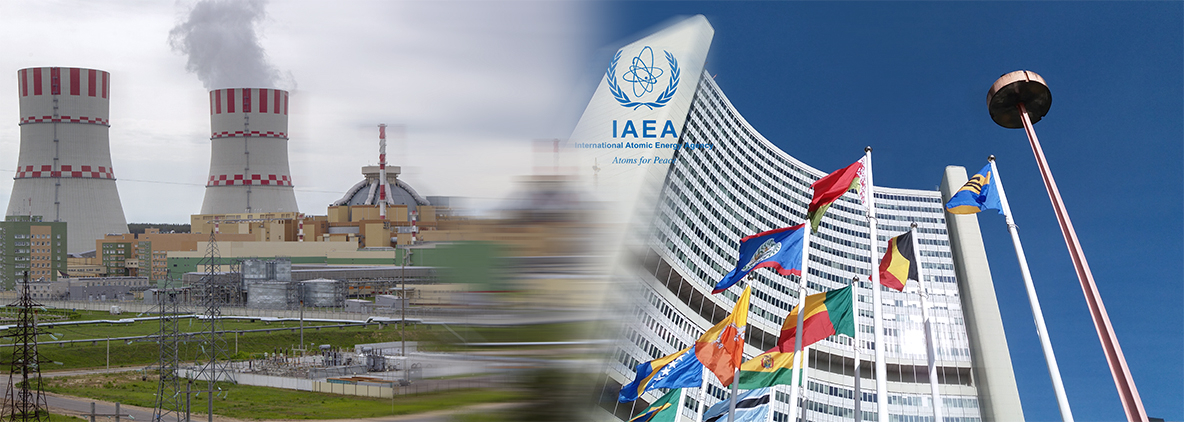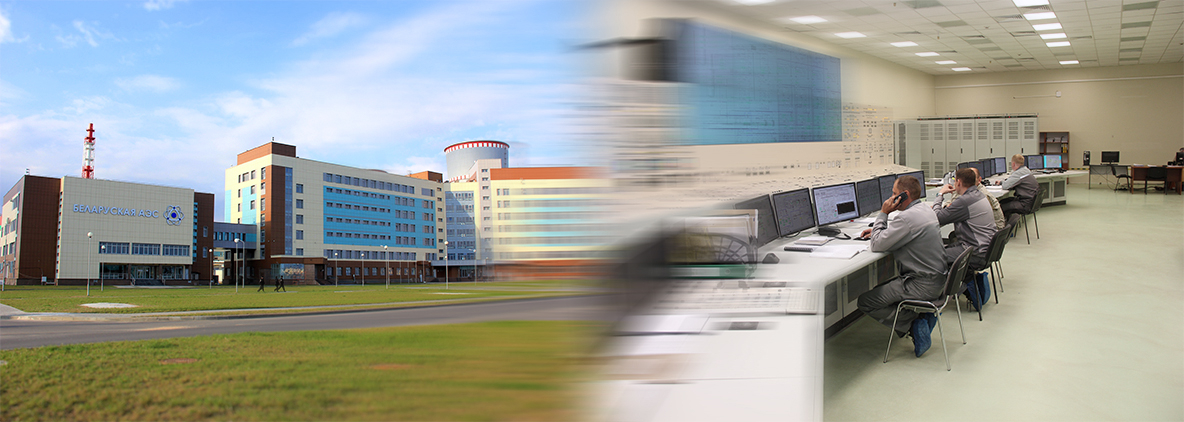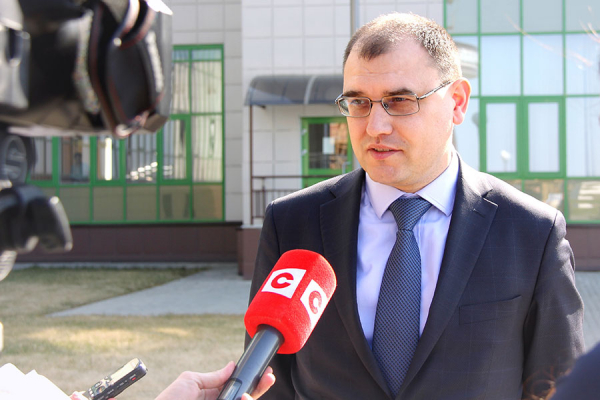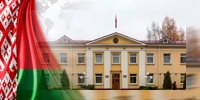Viktor Karankevich noted that, in parallel with the construction of BelNPP, a large-scale project was implemented in the country to reconstruct the existing and build new high-voltage power lines. "This ensures the supply of electricity to any region of Belarus from the nuclear power plant, - he stressed. - And this has given a certain impetus to the development of new industries, including energy-intensive ones. Also, conditions have been created to expand the scope and scope of electric energy in the country. Take, for example, the development of electric vehicles. Modern electric Belarus-made buses are already transporting passengers in Minsk instead of traditional buses that run on hydrocarbon fuel. Railway sections are electrified, charging infrastructure for automobile transport is actively developing. The construction of new residential buildings with the use of electric heating equipment is also developing, which came instead of the traditional heat supply schemes from boiler houses and thermal power plants running on hydrocarbon fuel. Therefore, in general, this will improve the quality and standard of living in the country and will have a positive impact on the environment of the entire region."
The minister separately stopped on the development of Ostrovets region, which became the site for the construction of BelNPP. He noted that the share of small and medium-sized businesses since the beginning of the construction of the station has doubled in Ostrovets region. "Belarusian nuclear power plant forms almost half of the budget of Ostrovets region, - Viktor Karankevich said. - Since the beginning of the construction of the nuclear power plant, attention has been paid to housing construction: about 190 thousand square meters of housing have been commissioned, special attention has been paid to social infrastructure facilities, kindergartens, schools, shops have been made, a multifunctional sports complex has been built, which has significantly improved the quality of life in this region. Ostrovets is now a modern city of power engineers with developed transport and housing infrastructure".






